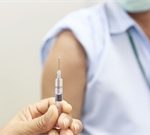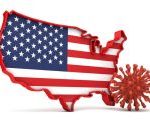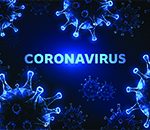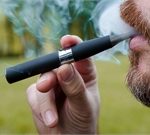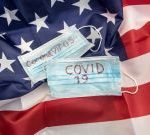
Coronavirus outbreaks in the Midwest and Western United States have driven the national case count to its highest level since August, fueling fears of what the coming winter will mean for the country. COVID-19 cases are starting to climb in 36 states, including parts of the Northeast, which is starting to backslide after months of progress, The New York Times reported. More than 820 new deaths and more than 54,500 new cases were announced across the country on Tuesday, the newspaper said. Idaho and Wisconsin set single-day records for new cases. About 50,000 new cases are being reported each day in the United States for the week ending Monday, the Times reported. That is still less than in late July, when the country was seeing more than 66,000 cases each day. But the trajectory is worsening, and experts fear what could happen as cold weather drives people indoors, where the virus can spread more easily, the newspaper said. The latest spike in cases shows up just before the increased mingling of people that comes with Halloween, Thanksgiving and Christmas. Sixteen states each added more new cases in the seven-day period ending Monday than they had in any other weeklong stretch of the pandemic. North Dakota and South Dakota are reporting more new cases per person than any state has previously, the Times reported. “A lot… read on >










